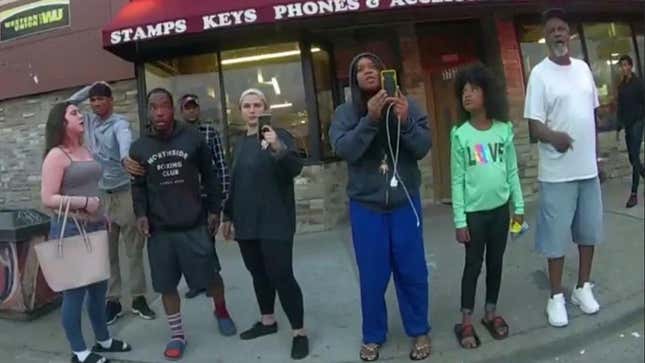Darnella Frazier, Teen Who Filmed George Floyd's Murder, Speaks Out One Year Later
Politics

The teenage bystander who filmed former Minneapolis police officer Derek Chauvin kneel on George Floyd’s neck during an arrest, killing him, has decided to speak out for the first time one year after Floyd’s murder.
Darnella Frazier was 17 years old when she captured a moment that would soon help launch some of the largest protests against police brutality in the United States and worldwide. She inadvertently got people into the streets, and the video, along with her testimony, were crucial factors that led to Chauvin being found guilty of second and third-degree murder and second-degree manslaughter last month. But the incident left Frazier deeply traumatized: She has largely avoided press and has stayed out of the public eye, until now. On Tuesday, the one-year anniversary of Floyd’s death, Frazier published a lengthy statement on Facebook, which she later shared to Instagram.
“I didn’t know this man from a can of paint, but I knew his life mattered,” Frazier wrote. “I knew that he was in pain. I knew that he was another black man in danger with no power.”
-

-

-

-

-

-

-

-

-

-

-

-

-

-

-

-

-

-

-

-

-

-

-

-

-

-

-

-

-

-

-

-

-

-

-

-

-

-

-

-








































